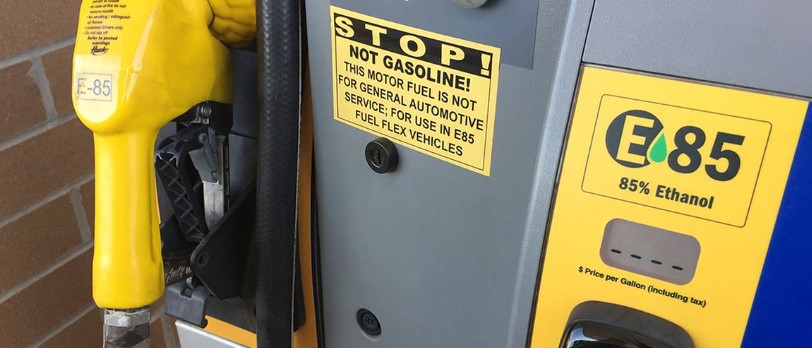For many high-performance car enthusiasts, maximizing engine performance is a top priority. One way to do this is by using E85 fuel, a type of fuel that has gained popularity in recent years due to its potential for increased power and performance.
E85 is a blend of ethanol and gasoline, with ethanol making up anywhere from 51% to 85% of the total fuel mixture. Ethanol is a renewable fuel that is made from plant materials such as corn, sugarcane, and switchgrass. When blended with gasoline, it can provide several benefits to high-performance engines.
One of the main benefits of E85 is its higher octane rating. Octane is a measure of a fuel’s ability to resist detonation, which can cause engine knock and damage. E85 typically has an octane rating of around 105-110, which is much higher than regular gasoline, which typically has an octane rating of around 87-93. This higher octane rating allows high-performance engines to run more aggressive timing and boost levels without the risk of engine knock.
Another benefit of E85 is its ability to run cooler. Ethanol has a higher heat of vaporization than gasoline, which means that it can absorb more heat as it evaporates. This can help to reduce engine temperatures, especially during hard driving conditions. Lower engine temperatures can help to improve engine reliability and reduce the risk of engine damage.
In addition to these benefits, E85 is also a renewable fuel that is more environmentally friendly than traditional gasoline. Ethanol produces fewer emissions than gasoline, and it is produced from renewable resources, which means that it can help to reduce our dependence on fossil fuels.
However, there are some potential downsides to using E85. One of the main drawbacks is that E85 has a lower energy content than gasoline, which means that it can result in reduced fuel economy. Additionally, not all high-performance engines are designed to run on E85, and modifications may be necessary to take full advantage of the benefits of this fuel.
In conclusion, E85 fuel is a high-performance fuel that can provide several benefits for high-performance engines. With its higher octane rating, ability to run cooler, and environmental benefits, it is no wonder that it has gained popularity among high-performance car enthusiasts. However, it is important to consider the potential downsides and to ensure that your engine is designed to run on E85 before making the switch.

